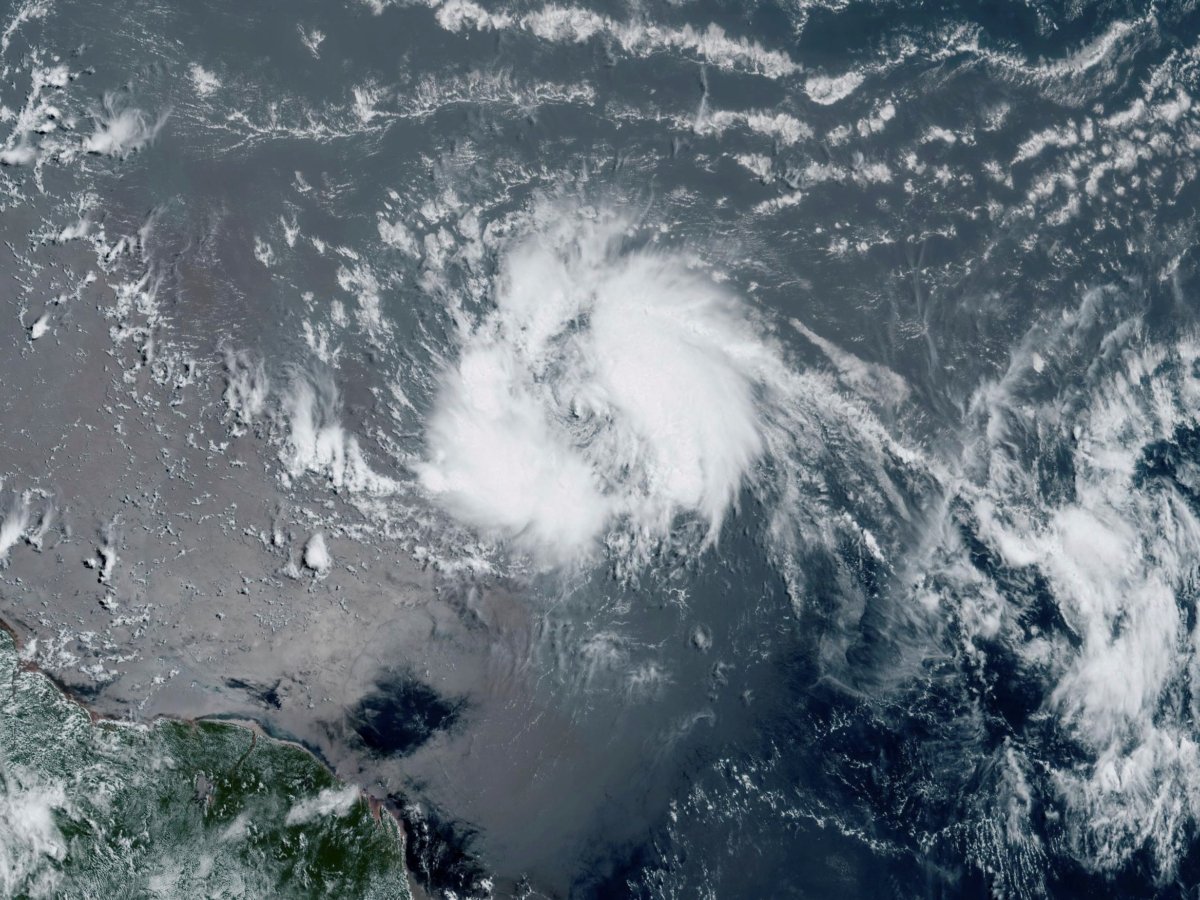Yellen Backs Seizing Russian Assets to Aid Ukraine’s ‘Resistance’
The Treasury Secretary is unconcerned about the potential consequences.
Treasury Secretary Janet Yellen has supported a proposal to liquidate frozen Russian assets to assist in funding Ukraine’s ongoing resistance and future reconstruction efforts.
Following the invasion of Ukraine by Moscow in February 2022, the U.S. and its allies froze around $300 billion in Russian central bank assets. As the conflict in Eastern Europe enters its third year, there are talks about seizing these assets and using the proceeds to support Kyiv.
During a gathering of G20 central bank governors and finance ministers in São Paulo, Brazil, Ms. Yellen publicly endorsed utilizing these immobilized assets for current military operations and postwar rebuilding.
“It is crucial and pressing for our coalition to unlock the value of these assets to aid Ukraine in its ongoing resistance and long-term recovery,” she stated. “I believe there is a strong legal, economic, and moral argument for moving forward. This would be a firm response to Russia’s unprecedented threat to global stability.”
Ms. Yellen suggested that seizing Moscow’s assets to support Ukraine would convey a message that “Russia cannot prevail by prolonging the war and would encourage them to negotiate a just peace with Ukraine.”
In addition to seizing these assets, Ms. Yellen proposed using them as collateral to borrow from global financial markets.
White House Supports Plan ‘in Principle’
In January, the Senate Foreign Relations Committee voted 20 to 1 in favor of the Rebuilding Economic Prosperity and Opportunity (REPO) for Ukrainians Act. This legislation would mark the first time the U.S. seizes a foreign central bank’s assets from a nation not engaged in war with Washington.
“It also directs the president to work with other partners and allies to take similar action,” the legislation noted.
“For nearly two years, Russia has committed heinous crimes in its illegal, unprovoked invasion of Ukraine. Russia should bear the cost of rebuilding Ukraine, and U.S. leadership is critical in prompting action,” said Sen. Jim Risch (R-Idaho), the committee’s ranking member.
Experts point out that the U.S. cannot act alone, as the European Union (EU), Japan, and Canada would also need to implement similar measures.
Earlier this month, the EU approved a plan to transfer excess profits from frozen Russian assets into a separate reserve.
According to Sen. Ben Cardin (D-Md.), the bill provides Ukraine with “the necessary assistance,” warning that failing to help Kyiv would see President Vladimir Putin expanding the conflict to other parts of Europe.
Sen. Rand Paul (R-Ky.) was the lone dissenting vote.
The current administration supports the bill “in principle.” A National Security Council memorandum sent to the Senate Foreign Relations Committee, as reported by Bloomberg News, outlines that the legislation grants “the necessary authority for the executive branch” to take Russian sovereign assets for the benefit of Ukraine.
The Kremlin cautioned that these efforts would be illegal and result in years of legal battles. Officials also threatened to seize U.S. and European assets in retaliation.
“At this moment, we can’t determine how accurate these reports are. Are such plans truly in place? It is essential to await official statements on this matter,” said Kremlin spokesperson Dmitry Peskov. “We are aware that even the most reputable publications today, unfortunately, intentionally or unintentionally, make many errors.”
Threats to the Dollar
There are concerns about the threat to the U.S. dollar’s dominance on the global stage. Since the start of the Ukraine-Russia conflict, experts have warned about potential repercussions of weaponizing global finance, with the dollar possibly becoming a casualty.
When asked about the potential threat to the U.S. dollar, Ms. Yellen expressed little worry, citing the lack of realistic alternatives to the dollar or euro, which would not leave the global economy exposed to financial instability.
“The risk might arise in the event of a massive shift away from currencies. However, I believe that is highly unlikely, particularly given the unique situation where Russia is openly violating international norms,” she remarked.
The former head of the Federal Reserve noted that countries with reserve currencies are banding together, though acknowledging that “we are evaluating these risks and considering potential options.”
In recent years, China, Russia, and other emerging markets have accelerated efforts to de-dollarize. The primary concern is facing sanctions, restrictions, and other economic measures as punishment. Economists argue that dethroning the dollar could take decades, with the U.S. currency representing about 60% of global reserves, according to IMF data.
Nonetheless, BRICS coalition members have reduced the dollar’s role in their bilateral trade transactions.
Last year, Moscow reported that 70% of China-Russia trade was settled in renminbi in the first three quarters of 2023.
Many emerging markets have joined alternative systems to SWIFT: Russia’s SPFS and China’s CIPS.
Last summer, BRICS formally expanded, inviting new members to join. While some have declined the offer, others have not yet accepted.
Though facing challenges, it is argued that the objectives of BRICS and BRICS+ should not be discounted, as they represent a significant portion of the world’s population and share a substantial GDP percentage compared to the G7.
The next BRICS summit is slated for October in the Kazan region of Russia.




